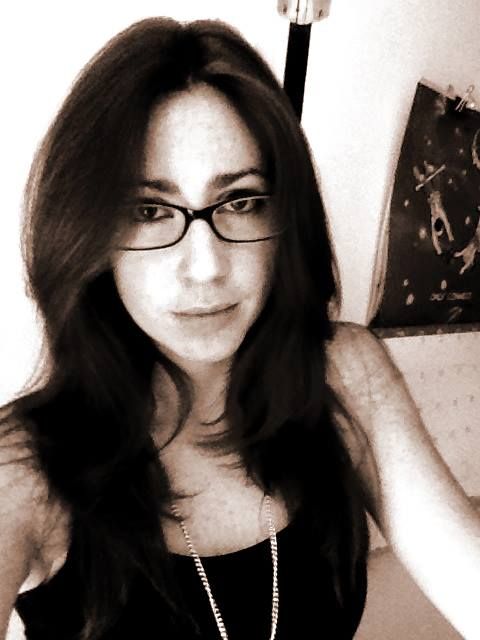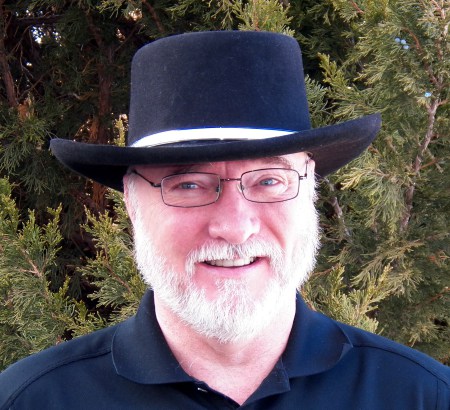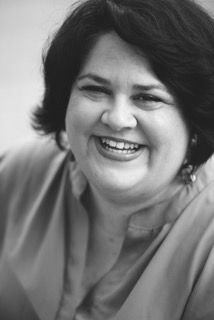A Guest Post by Holly Roberds
The problem with self-directed work, whether you are a writer, freelancer, or artist trying to make living or even just a mark, is you never know whether or not you are doing the things to put you on the path to life you want. You try to measure your progress, write more stories, submit more work, but sometimes your efforts never feel like they are enough. While working on your writing career can be a joy, it can also turn you into its slave.
I came upon this revelation after working a twelve hour day at a temp job. Up at five am, I managed an hour’s worth of editing time. Then at lunch, I squeezed in an hour of freelance work, and snuck in more editing throughout the day until I rounded up the edits at thirty pages for the day. I have never accomplished so much in one little day. Thirty pages of edits is an amazing accomplishment for me on days I didn’t have other obligations, so this was monumentally awesome!
Except, it wasn’t. Instead of feeling proud of my uber-productive day, I was absolutely miserable. Not because I felt overworked. Oh no. I was miserable because I internally bemoaned, “I didn’t do enough today! Maybe I should stay up a couple more hours and try to pack in more writing and edits.”
This is when I recognized something was very wrong. I could no longer hang out with friends, family members, or even take the time to sit down and watch a movie without the wormy guilt incessantly tugging me back to work. The ugly and demanding voice, I’d grown used to, chided that if I could get so much done on a busy day then my output should be triple on my days off. Then again, I looked over at my boyfriend who thoughtfully chewed dinner and patiently listened to my struggles. I’d rather not dump kerosene on my relationship with him or the rest my friends and family before switching on the flamethrower.
Something was broken inside me.
My off-button.
I had graduated beyond the initial stages of waffling, enough to finish stories that were of palatable quality. I was shooting short stories into the dark, unforgiving abyss of pro-markets, and gaining massive ground on my novel. Heck, I’d even scored my first publication. It was a good year for me! So why did I feel like no matter what I did, it wasn’t even close to being good enough? So what if I could fit in six hours of writing a week? Twelve hours was better, thirty would be ideal! As a freelancer, with almost total dominion over my schedule, this should be easy right?
Wrong. The more I worked, the more I wrote, the hungrier I got. Eventually I started to feel like a starving wolf, ribs poking out, maw dripping with saliva, so hungry I might start gnawing on my own legs.
I decided to handle this problem like any writer attacks a problem. I researched the ba-geezus out how to feel satisfied with the work I was doing. Most articles target writers who have trouble starting and continuing writing, I couldn’t find any that said to cool my jets. I decided to start to reading books on mindfulness, gratitude, and anything to help me enjoy life and my journey to becoming a better more productive writer without killing myself.
I spoke with friends about my problem. It helped me stay accountable. They were also more likely to notice that glazed look of panic in my eye when I wasn’t working before giving me a sound smack. Thankfully, my friends are supportive and encouraging. They shared they thought I worked harder than most people they knew. That they were already proud of my accomplishments and dedication, so I should be too. Also, they ordered me to (for the love of god!) relax.
The biggest wake-up call occurred during a conversation with a friend who was a freelancer as well as a professional writer.
With a sigh I explained, “Every second of every day, I am scrutinizing if I’m doing enough. Am I putting my energy in the right place? The place that is going to get me closer to my concrete goals?”
Namely that big beautiful publishing deal complete with a novel on the shelf and my name on it.
I paused, then asked him, “Do you know what I’m talking about?”
With a deep, tired sigh, he said, “Yes. Yes, I do. I’ve felt that way.”
Under the assumption this was all just a phase I had to get through, I asked, hopeful, “Really? How long did you feel it?”
“I feel it now, and I have felt exactly what you are describing every day since I started writing and freelancing. The ‘I should be doing more,’ ‘the things I’m doing aren’t enough,’ even if I am loaded up.”
Alarm flooded my brain and body. Sixteen years. He had been writing and freelancing for sixteen years, enduring this soul crushing guilt of never feeling he was doing enough.
No! My internal voice cried. We are not doing this! That is far too long to feel bad. My writing is a pleasure of my life, not my master.
As a writer You are completely self-directed and that is a lot of responsibility on your shoulders. The pressure can suck the enjoyment out of writing, and even life. Don’t let it.
I have had to take several steps back and deliberately make goals with a cut-off point. For example, I would endeavor to write two hours on a given day, but found I was sometimes only able to fit in one hour. Normally, this would send me into a dark cloud of regret, and I’d turn on myself like a punching bag. I’d have to do better the next day to make up for it.
Now, I will put as much deliberate effort into congratulating myself for taking one more step on my journey. I will even say it aloud. “I am doing enough.” “I have done good work today.” Because, personally, I love drilling new age hoo-doo affirmations in my brain, but I’m sure you can find your own style for self-congratulations.
Where I used to pour all my time into constructing plans and concrete writing goals, I now spend equal time planning my ‘do nothing time,’ to free myself of the eternal ‘I could be writing right now’ syndrome. There are times in the week or day where no work is allowed.
Disclaimer: this advice is not for the so called writers who never actually write anything. This is for the people who make progress, whether slow or at careening speeds who can identify with the lack of satisfaction shared here. I invoke the popular adage, “Slow progress is still progress.” Even when we writers get on a role, we can still feel the exact (if not exaggerated) despair and frustration as someone who is doing nothing.
As writers, we know what we have to do. Write more and submit more. So I made a writing/editing plan and I still make concrete goals for writing every month, but the difference is I have decided to put all my faith into the process I built. Sometimes I overshoot word count goals, and there are weeks where my process stands stock-still. Either way, when I’m supposed to be in relax mode I consciously divert my attention from the demons who demand more from me to stay in the moment as much as possible.
Don’t let your writing aspirations dig a bottomless hole in your soul at the expense of the rest of your life and happiness. So if you have written today, submitted something, or devised a grand plot idea on a napkin, let me just tell you, “You are doing a good job!” Better yet. Get in the habit of telling yourself.
Holly Roberds lives a strange bohemian lifestyle in Broomfield, CO. She holds down five jobs at any one time which include working for a private investigator, as a freelance writer, writing coach, as well as numerous other alternating positions. Since she is her own boss, Holly has gobbled up countless books, articles, and studies on self-discipline, and effective work strategies. Holly writes science fiction romance, some occasional bizarro short stories, and co-authored the Writers of the Future’s ongoing blog on the craft of writing.




